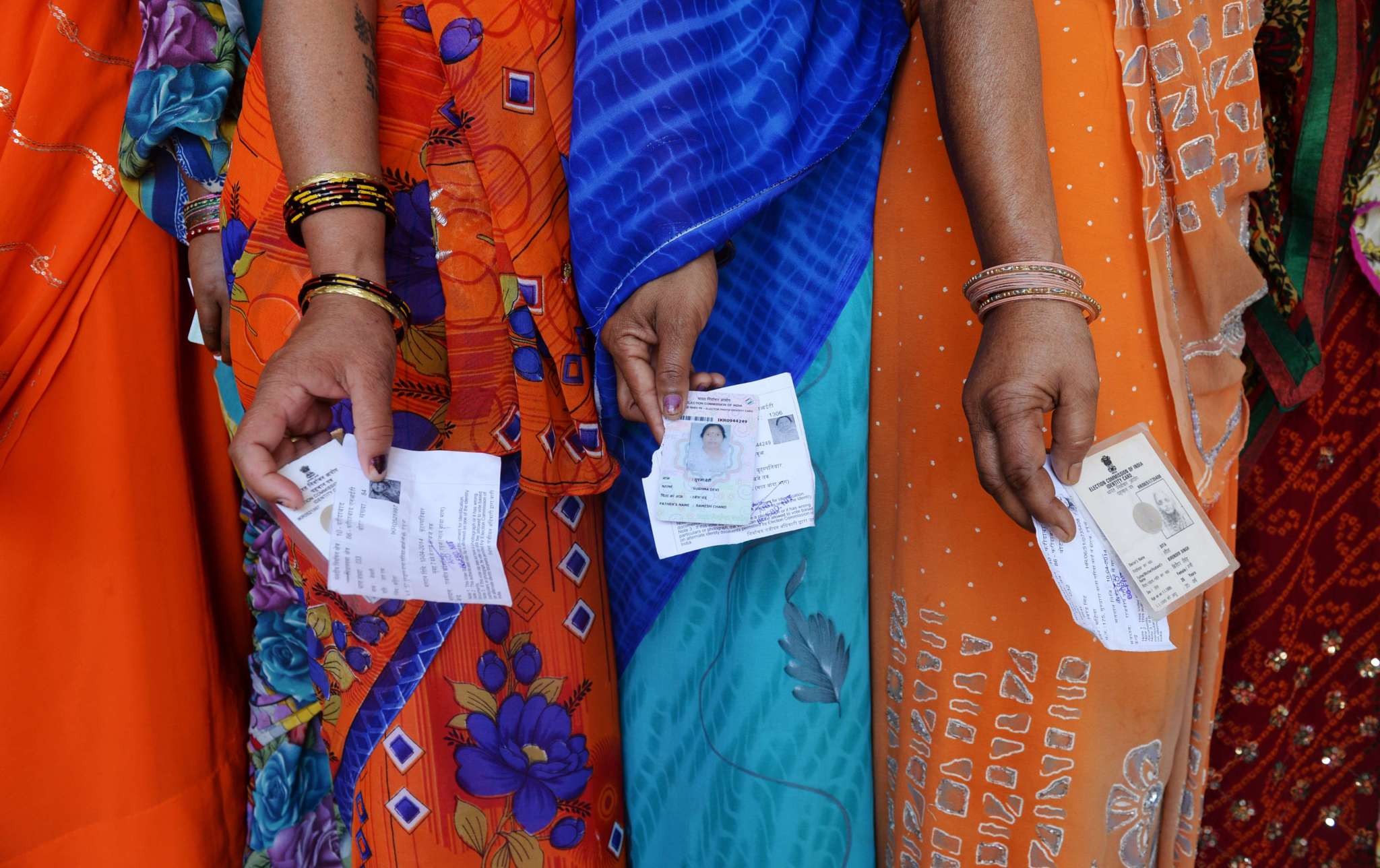
While Pakistan’s opposition parties are still arguing about alleged rigging in the 2013 general elections, a former chief election commissioner (CEC) of India has revealed similar stories from the general elections held in his country last year.
In his book An Undocumented Wonder: The Making of the Great Indian Election, which juxtaposes the electoral system of India and other countries, Dr SY Quraishi suggests some key electoral reforms to improve the electoral process.
He said the 2014 polls had witnessed more violence, hate speeches and violations than the previous elections, adding that many senior leaders had launched a frontal attack on the Election Commission of India (ECI) for all this mess.

“Even the most rigorous and well managed elections cannot guarantee honesty and efficiency in the practice of democracy,” he writes, sharing details of all 16 general elections held in India since 1952.
“Elections are fought with the aim of capturing political power and, thus, have a high-stakes context. About seventy-three countries with 42 per cent of the global population do not hold free and fair elections.”
The former CEC writes that a public interest litigation on the rigging issue was filed in the Bombay High Court.
The commission held that it had made all efforts to update the electoral rolls and had repeatedly appealed to voters in four languages to check their names.
Political parties also failed to appoint booth level agents to oversee the electoral process despite repeated appeals by the election commission.
Thanks to the commission’s credibility, the court accepted what the electoral body said. All the parties in the case accepted the verdict and the commission started preparations for the next elections, according to the book.
Dr Quraishi says everyone in India accepts the poll results and even arch-rivals congratulate the winners. For this, trust in the poll body is the key.
The ECI has consistently raised the issue of how elections have become the mother of all corruption, with the “money mafia” and “opaque political funding” playing a key role. The commission is waiting for the electoral reforms proposal pending with the government to be cleared.
Dr Quraishi told The Express Tribune that the Election Commission of Pakistan (ECP) had an edge over its Indian counterpart: in India the ruling party appoints members from the top bureaucracy, whereas in Pakistan retired judges with vast judicial experience are appointed after consultation with the opposition.
He is a strong proponent of electronic voting machines (EVM), a proposal the ECP is considering for the 2018 elections.
Calling EVMs “wonder machines”, he said it was the easiest mechanism compared to the manual voting system.
To stop silent rigging in the elections, he suggests: extensive use of police force, use of videography, identification of critical polling stations, vulnerability mapping and deployment of general and police observers.
Published in The Express Tribune, March 16th, 2015.
1719660634-1/BeFunky-collage-nicole-(1)1719660634-1-405x300.webp)

1732276540-0/kim-(10)1732276540-0-165x106.webp)

1732274008-0/Ariana-Grande-and-Kristin-Chenoweth-(1)1732274008-0-165x106.webp)
1724249382-0/Untitled-(640-x-480-px)1724249382-0-270x192.webp)


1732270499-0/Express-Tribune-(7)1732270499-0-270x192.webp)
1732267715-0/BeFunk_§_]__-(32)1732267715-0.jpg)







COMMENTS
Comments are moderated and generally will be posted if they are on-topic and not abusive.
For more information, please see our Comments FAQ